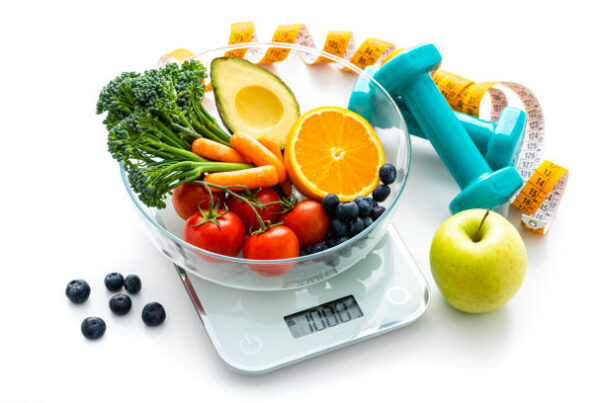Do your eyes have all the nutrients they need to ward off conditions like glaucoma, cataracts, macular degeneration, and other sight issues? Read on to discover some of the top foods to promote eye health.
When it comes to protecting your vision, what you eat may affect what you see. The good news if you’re searching for an eye-healthy diet is this: Your eyes will benefit from the same diet that is good for your heart and overall health. You’ll also have lots of delectable options.
Consuming a diet high in fruits, vegetables, whole grains, and low in fat will benefit your heart as well as your eyes. This is not unexpected: Just like the heart depends on much larger arteries for oxygen and nourishment, your eyes also depend on microscopic arteries for these things. It is important to note that your eyes will benefit from maintaining healthy arteries.
Nutrients to consider:
- Orange/yellow coloured Vitamin A-rich fruits and vegetables
Vitamin A is arguably the most well-known substance that supports healthy eyes. For the retina to convert light rays into the images that humans see it needs an abundance of vitamin A. Additionally, your eyes cannot stay sufficiently moist to prevent dry eye disease if you do not get enough vitamin A.
One common food that is high in vitamin A is carrots. Vitamin A content is further increased in sweet potatoes (orange-fleshed). “A sweet potato contains over 100% of the recommended daily intake of vitamin A,” Fruits can provide a rich amount of vitamin A, such as mango, pawpaw. Among the vegetable group, okro, pumpkin are rich sources of Vitamin A.
- Vitamin C-rich fruits and vegetables.
Eye health depends on vitamin C. Vitamin C functions as an antioxidant, assisting the body in fending off damage from some foods, bad lifestyle choices, and external environments. Free radicals are chemicals that can harm or even kill cells. They are produced by fried meals, tobacco smoke, and the sun. The growth and repair of new tissue cells are aided by vitamin C.
Citrus fruits, such as oranges, grapefruits, tangerines, and lemons, are good providers of vitamin C. The vitamin C content of many other foods is high, such as strawberries, tomatoes, peaches, and red bell peppers. Results from the Age-Related Eye Diseases Study (AREDS) suggest that antioxidants can either completely avoid or significantly postpone cataracts and age-related macular degeneration (AMD).
- Vitamin E
Vitamin E is another essential antioxidant that supports the health of cells. Seeds (sunflower seeds, chia seeds amongst others), almonds, nuts, and avocados are good sources of vitamin E.
- Omega-3 fatty acids
Consumption of fish and other seafood (especially cold-water fatty fish such as mackerel, sardines, salmon, and tuna), nuts and seeds (flaxseed, chia seeds, and walnuts) may help lower the chance of acquiring eye illness in later life, according to studies. Eating fish may benefit those who suffer from dry eyes since omega-3 fatty acids are beneficial for tear function.
- Leafy green vegetables high in lutein and zeaxanthin
Antioxidants lutein and zeaxanthin are present in the pigments of leafy green vegetables and other meals with vibrant colors. The macula, the part of the eye that provides our primary, most detailed vision, is crucially protected by them. These are nutrients that are abundant in kale and spinach. Other foods that are good sources of lutein and zeaxanthin include our locally available vegetables such as fluted pumpkin leaves (ugu), ukazi, bitter leaf, water leaf, scent leaf, Eforiro, Afang, and peas. Additionally, eggs are a wonderful source of these nutrients even though they are not green and leafy.
- Zinc
Zinc is a mineral that may shield your eyes from light-induced damage while also maintaining the health of the retina. Zinc, nevertheless has the ability to reduce your body’s copper levels, which are necessary for the formation of red blood cells. However, you may simultaneously raise both with any type of bean (legume), such as kidney beans, lima beans, and black-eyed peas. Lean red meat, chicken, oysters, and fortified cereals are some more foods that are high in zinc.




